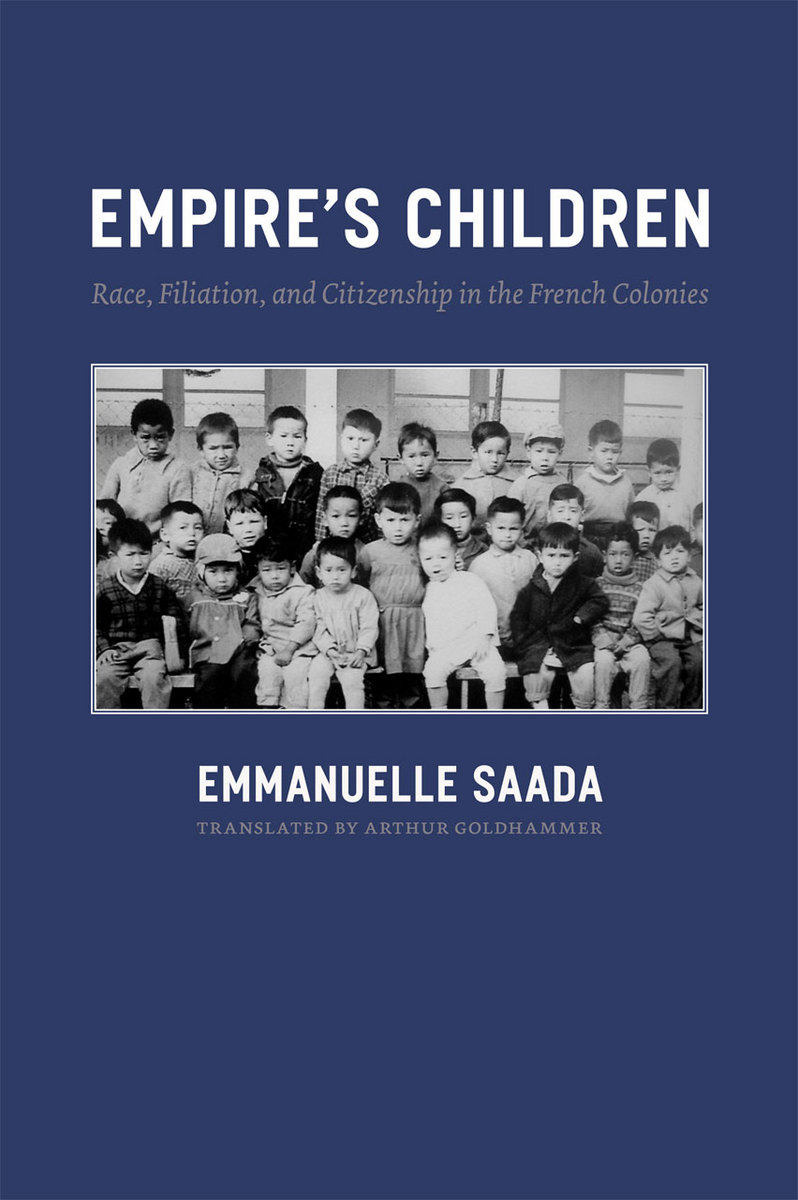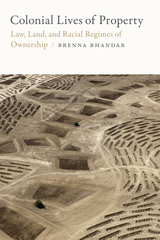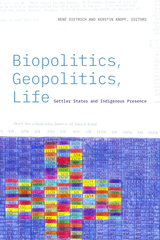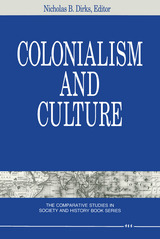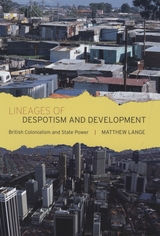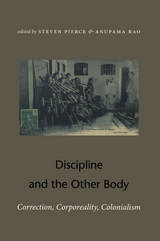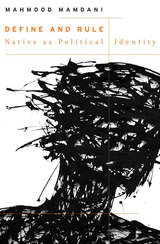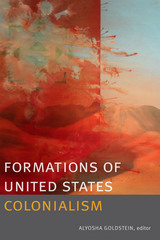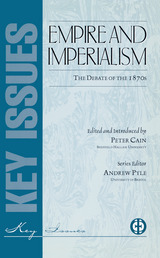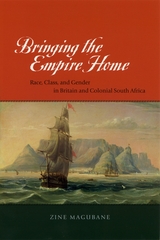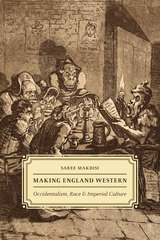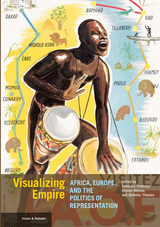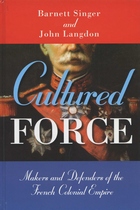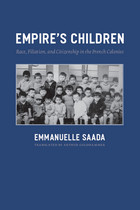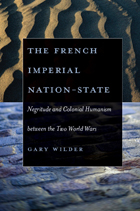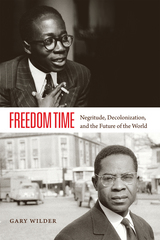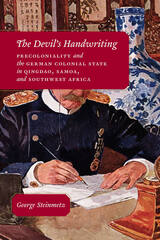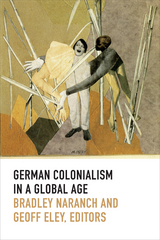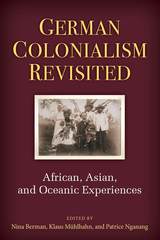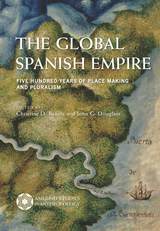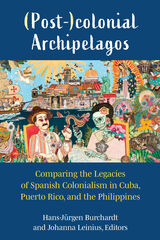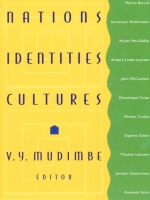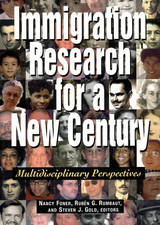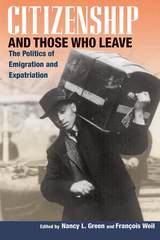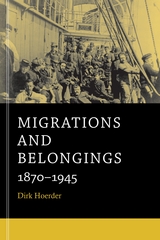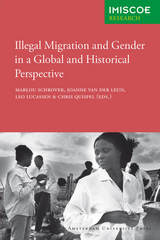Paper: 978-0-226-73308-1 | eISBN: 978-0-226-73309-8 | Cloth: 978-0-226-73307-4
Library of Congress Classification JV1817.S2313 2012
Dewey Decimal Classification 305.8050171244
Europe’s imperial projects were often predicated on a series of legal and scientific distinctions that were frequently challenged by the reality of social and sexual interactions between the colonized and the colonizers.When Emmanuelle Saada discovered a 1928 decree defining the status of persons of mixed parentage born in French Indochina—the métis—she found not only a remarkable artifact of colonial rule, but a legal bombshell that introduced race into French law for the first time. The decree was the culmination of a decades-long effort to resolve the “métis question”: the educational, social, and civil issues surrounding the mixed population. Operating at the intersection of history, anthropology, and law, Empire’s Children reveals the unacknowledged but central role of race in the definition of French nationality.
Through extensive archival work in both France and Vietnam, and a close reading of primary and secondary material from the Pacific islands and sub-Saharan and North Africa, Saada has created in Empire’s Children an original and compelling perspective on colonialism, law, race, and culture from the end of the nineteenth century until decolonization.
See other books on: Citizenship | Goldhammer, Arthur | Miscegenation | Racially mixed people | Saada, Emmanuelle
See other titles from University of Chicago Press
